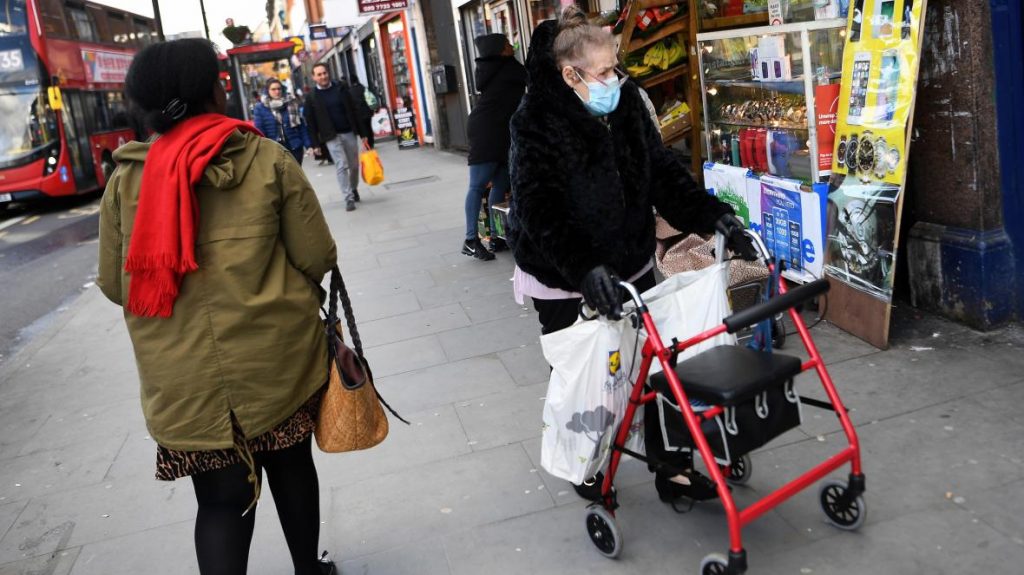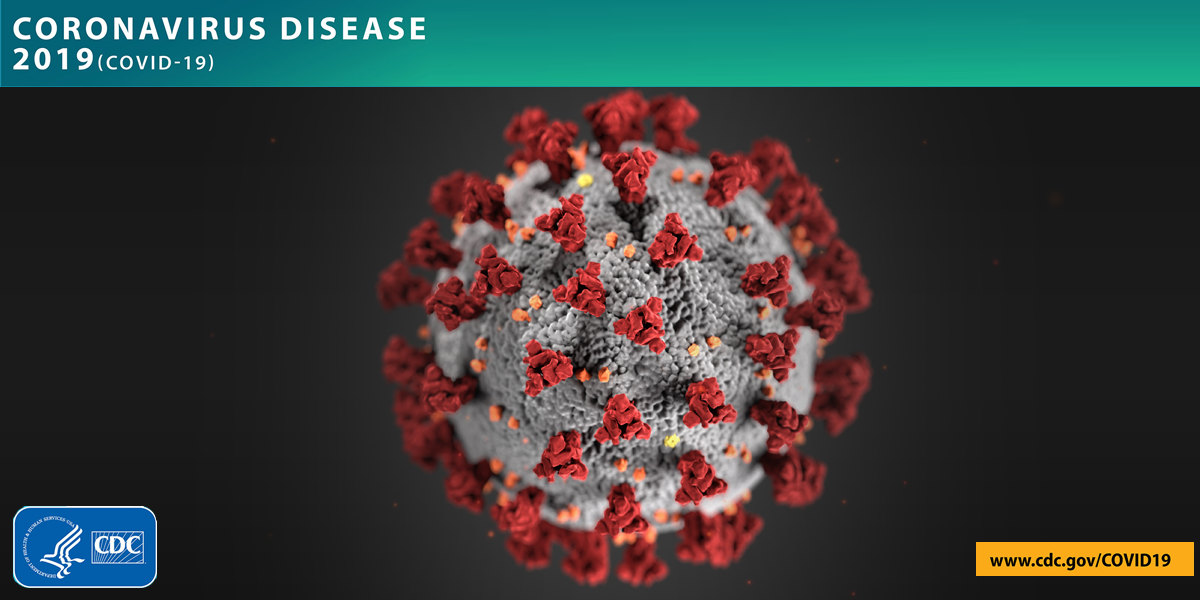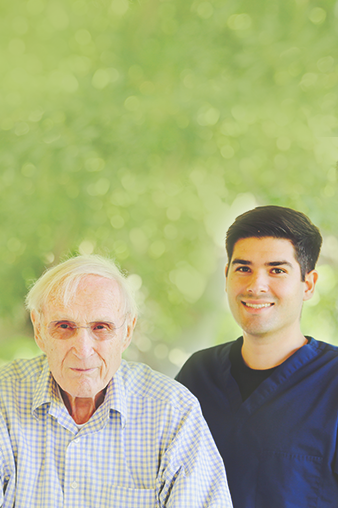Mar 18
COVID-19 and Home Care
As the United States braces for the impact of COVID-19, the Centers for Disease Control and Prevention has offered up some important guidance for preventing the spread of Coronavirus Disease in homes and residential communities. Understanding more about the disease, how it is spread and who is affected most can help combat the impact of COVID-19, ultimately reducing the risk of contracting COVID-19
How COVID-19 Is Spread
COVID-19 is thought to spread mainly from Person to Person. Typically this occurs between people who are in close contact with one another (within about 6 feet). Another way the disease can be spread is through respiratory droplets produced when an infected person coughs or sneezes. Those who are actively displaying the symptoms of COVID-19 are thought to be most contagious. Some spread may also be possible before people show any symptoms, however, this is not thought to be the main way the virus is spread. (CDC, How COVID-19 is spread)
Protecting yourself and loved ones from COVID-19
The centers for Disease Control and Prevention have provided the following guidelines to help reduce the spread of the disease:
Clean your hands often: Wash your hands often with soap and water for at least 20 seconds, especially after blowing your nose, coughing, or sneezing and before eating or preparing food. If soap and water are not readily available, use an alcohol-based hand sanitizer with at least 60% alcohol, covering all surfaces of your hands and rubbing them together until they feel dry. Soap and water are the best options if hands are visibly dirty. Avoid touching your eyes, nose, and mouth with unwashed hands.
Clean all “high-touch” surfaces every day: High touch surfaces include counters, tabletops, doorknobs, bathroom fixtures, toilets, phones, keyboards, tablets, and bedside tables. Also, clean any surfaces that may have blood, stool, or body fluids on them. Use a household cleaning spray or wipe, according to the label instructions. Labels contain instructions for safe and effective use of the cleaning product including precautions you should take when applying the product, such as wearing gloves and making sure you have good ventilation during use of the product.
Cover your coughs and sneezes. Cover your mouth and nose with a tissue when you cough or sneeze. Throw used tissues in a lined trash can. Immediately wash your hands with soap and water for at least 20 seconds or, if soap and water are not available, clean your hands with an alcohol-based hand sanitizer that contains at least 60% alcohol.
Corona Virus & our aging population
From what we have seen in other countries, doctors and other infectious disease professionals agree that our aging population, as well as those with underlying chronic health conditions, are more susceptible to COVID-19.
“The data coming out of China continues to say that the people who are at higher risk for severe disease and death are those who are older and with underlying health conditions,”
Nancy Messonnier, M.D., director of the National Center for Immunization and Respiratory Diseases at the Centers for Disease Control and Prevention (CDC).

Underlying Medical Conditions
Those with underlying medical conditions or other pulmonary issues are more susceptible to the virus. The Centers for Disease Control and Prevention states that older adults and those individuals who have serious chronic or underlying medical conditions, such as Chronic Obstructive Pulmonary Disease (COPD) or Congestive Heart Failure (CHF) are at a higher risk of getting very sick from COVID-19.
For those most at risk
The CDC recommends the following actions to reduce your risk of getting sick. If you are at higher risk for serious illness from COVID-19 because of your age or because you have a serious long-term health problem, it is extra important for you to take action to reduce your risk of getting sick with the disease.
Stock up on supplies.
Take everyday precautions to keep space between yourself and others.
When you go out in public, keep away from others who are sick, limit close contact and wash your hands often.
Avoid crowds as much as possible.
Avoid cruise travel and non-essential air travel.
During a COVID-19 outbreak in your community, stay home as much as possible to further reduce your risk of being exposed.
Have supplies on hand
Contact your healthcare provider to ask about obtaining extra necessary medications to have on hand in case there is an outbreak of COVID-19 in your community and you need to stay home for a prolonged period of time.
If you cannot get extra medications, consider using mail-order for medications.
Be sure you have over-the-counter medicines and medical supplies (tissues, etc.) to treat fever and other symptoms. Most people will be able to recover from COVID-19 at home.
Have enough household items and groceries on hand so that you will be prepared to stay at home for a period of time.
Take everyday precautions
Avoid close contact with people who are sick. Take everyday preventive actions:
Clean your hands often
Wash your hands often with soap and water for at least 20 seconds, especially after blowing your nose, coughing, or sneezing, or having been in a public place.
If soap and water are not available, use a hand sanitizer that contains at least 60% alcohol.
To the extent possible, avoid touching high-touch surfaces in public places – elevator buttons, door handles, handrails, handshaking with people, etc. Use a tissue or your sleeve to cover your hand or finger if you must touch something.
Wash your hands after touching surfaces in public places.
Avoid touching your face, nose, eyes, etc.
Clean and disinfect your home to remove germs: practice routine cleaning of frequently touched surfaces (for example tables, doorknobs, light switches, handles, desks, toilets, faucets, sinks & cell phones)
Avoid crowds, especially in poorly ventilated spaces. Your risk of exposure to respiratory viruses like COVID-19 may increase in crowded, closed-in settings with little air circulation if there are people in the crowd who are sick.
Avoid all non-essential travel including plane trips, and especially avoid embarking on cruise ships.
Have a plan for if you get sick
Consult with your health care provider for more information about monitoring your health for symptoms suggestive of COVID-19.
Stay in touch with others by phone or email. You may need to ask for help from friends, family, neighbors, community health workers, etc. if you become sick.
Determine who can care for you if your caregiver gets sick.
Care To Stay Home is working with local healthcare providers to reduce the impact of COVID-19 on our aging population. We are committed to helping support those seniors who wish to remain at home. Our team is engaging in new, alternative ways to provide care to patients in their own homes. For more information on how Care To Stay Home can help you or your loved one at this time, please contact our team at 800-828-9777.






Comments